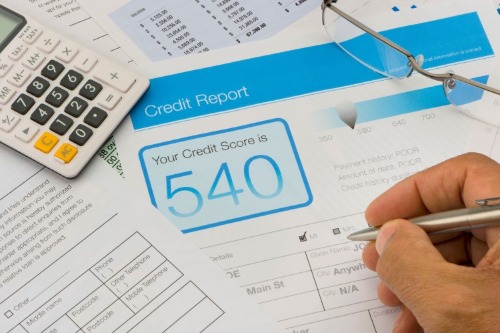Understanding Your Free Credit Report
Regularly checking on your credit history is essential to understanding your current financial health. It provides insights into how well you manage your debt and is a great way to know if you’re in a good position to borrow money. In addition, it also alerts you to fraud and helps you detect inaccurate information on your account.
Lenders may accept or deny your loan applications based on the information provided in your credit report and their own criteria. That’s why before you make big financial decisions like buying a house or a car, it is beneficial to obtain this free document.
How To Get a Free Credit Report
There are three major credit reporting bureaus in the United States: Equifax, Experian, and TransUnion. Fortunately, you are entitled to a free annual report from each of these agencies. The easiest way to request a copy is to visit AnnualCreditReport.com. You may also call (877) 322-8228 or download and complete the request form online before mailing it to:
Annual Credit Report Request Service
P.O. Box 105281
Atlanta, GA 30348-5281
If you wish to obtain all three reports at once, you can order each document separately. By doing this, you can better monitor your credit scores and history throughout the year. Once your free annual report from each agency is used up, they might charge up to $13.50 for subsequent requests.

What To Look For When You Receive Your Credit Report
The information contained in your credit report will help lenders determine whether to extend credit to you or not. Regularly monitoring your credit report status can improve your chances for loan approvals. However, with so many details listed in a single document, it can be overwhelming to review each of them. Here are some of the key points you should pay close attention to when inspecting your credit report:
Personal Information
Check if your credit report has an incorrect or incomplete name, address, or phone number. Multiple birth dates, the wrong social security number, and inaccurate employment information are also considered errors.
Accounts
This section comprises information on all of your credit accounts, such as credit cards, auto loans, and mortgages. Unrecognized accounts, inaccurate status of accounts, and incorrect credit limits are all bad news and should be verified.
Public Records
Lenders and other third parties will also inspect your public records for financial transactions like bankruptcies, foreclosures, and tax liens.
Inquiries
Reviewing your credit report will also help you detect if a company pulled your report without your permission or knowledge. This may mean that a fraudster applied for an account in your name.
Entrust Your Finances to Us
If you need help requesting a credit report, turn to us at 1st Community Credit Union. We take pride in delivering friendly and personalized service to our members. Contact us to get started on your journey to achieving financial independence.
« Return to "Blog"
